Researchers have developed a new method for creating chains of molecular rings with unparalleled sophistication.



Researchers have developed a new method for creating chains of molecular rings with unparalleled sophistication.

Researchers tune the properties of a known semiconducting material so that it behaves like a metal, with some superconducting behavior, for more efficient electronic devices.
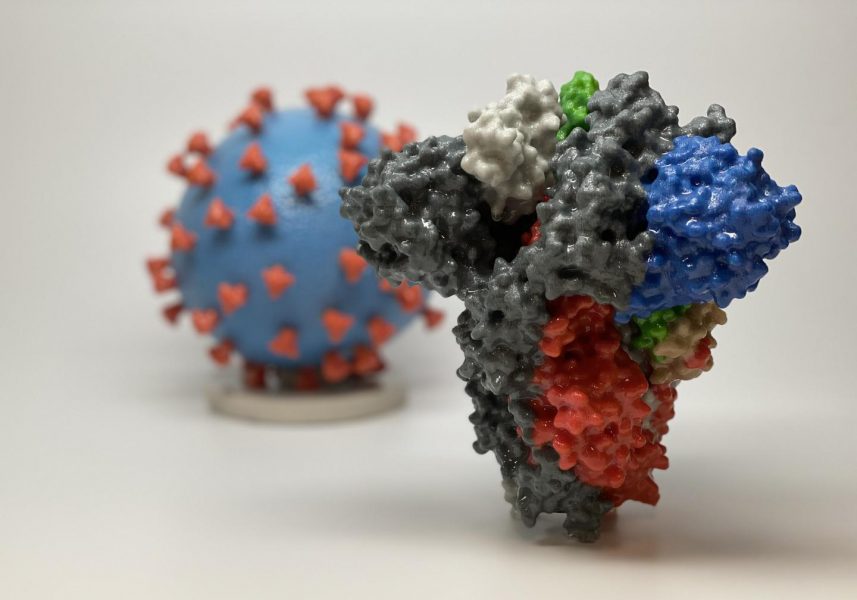
NIH clinical trial tests a new vaccine for COVID-19 in humans. While still in early stages, the team hopes to make it available as soon as possible.
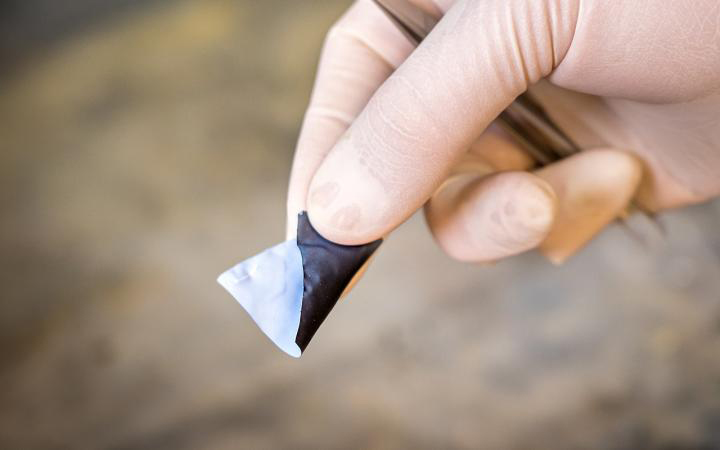
A “spillway” for electrons could keep lithium metal batteries from catching fire.

ESO telescope oberves an exoplanet 690 light years away where night and day surface temperature differences cause iron to rain from the sky.

Researchers solve some of the drawbacks related to DNA-based information storage by using synthetic macromolecules as an alternative for data encoding.
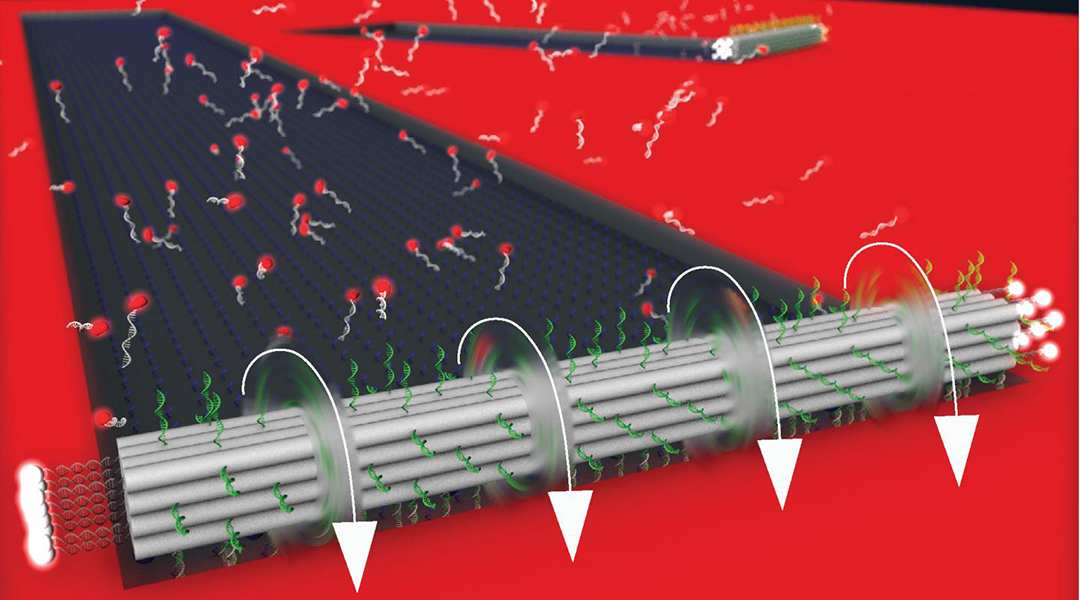
Scientists pave way for nanobots to one day diagnose and treat disease with the first DNA-based motor to run on chemical energy.
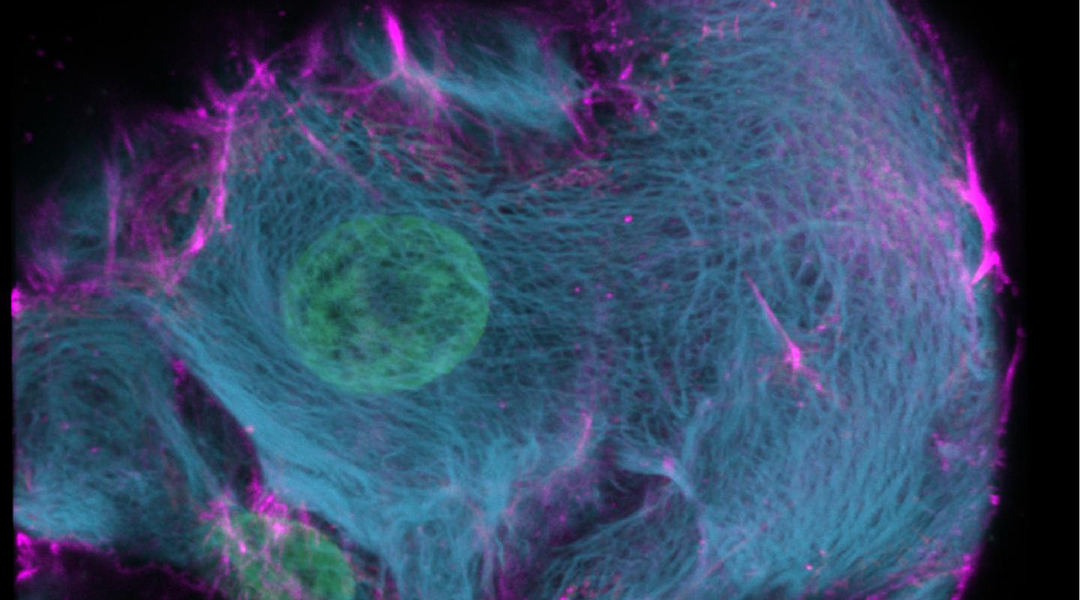
A new take on CRISPR allows researchers to “paint” cells and observe never-before-seen cellular processes in great detail.
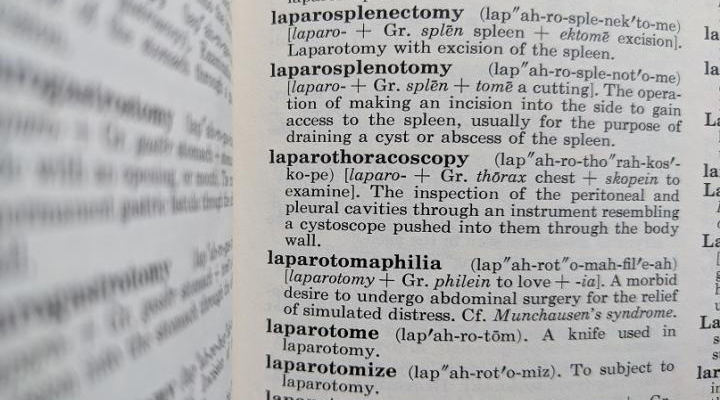
Highly technical language alienates and frustrates readers. Even when specialized terms are defined, the damage is done
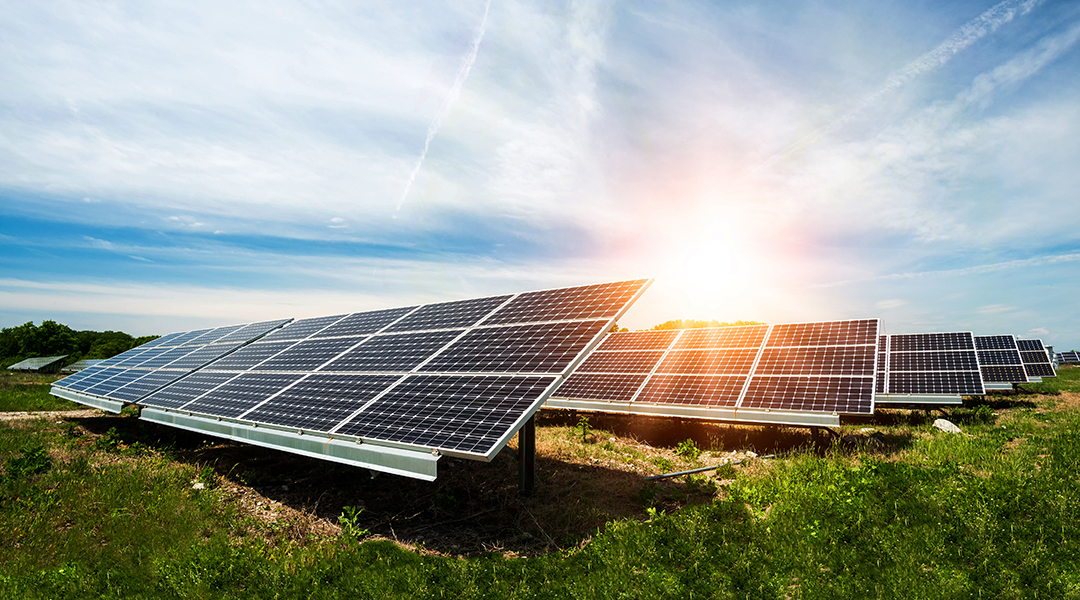
A new eco-friendly perovskite solar cell improves stability and minimizes harmful solvents and lead leakage found in conventional cells.